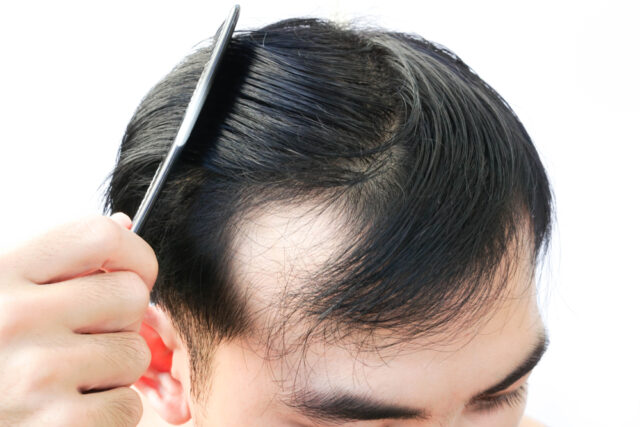
Because you want the best hair you can have…
You thought it would never happen to you; you are losing your hair. You can’t believe it, how did this happen? You used to have the thickest mane…
So now you are doing your research, trying to find out about hair loss and what treatment might be right for you. Like every other patient these days, you turn to the Internet morass of sales pitches and “authorities” to try to become your own expert… so what is the truth and what is advertising?
If you want to learn more about those treatments, visit this website.
Here’s the lowdown on how to get the most out of your hair loss search;

- Trust your doctor – What could be more frustrating to an expert in this field than to have a novice come in and tell them that they don’t know what they are talking about? If you tell a doctor that Rogaine does not work and you only need 300 grafts to fill the whole top of your head, it is legitimate to ask why you made an appointment in the first place. The fact is that if you HAD all the answers, you would not need an MD, and they see patients with hair loss every day – so walk in with an open mind and be prepared to learn from their experience (especially if the hair is all they do).
- Keep the question list under 20 – It is fine to walk in with a list of questions – patient educators and physicians actually like it when patients come prepared – but be concise. Fifteen questions on the detailed specifics of each hair vitamin available or procedural details of surgery (example; “What future do you use, Doc?”) will waste time and end up frustrating everyone at the consultation.

Img source: mensjournal.com - Know your budget – The average hair surgery will run you between five and fifteen thousand dollars depending on how much hair has to be moved at one time and the technique involved. If you cannot afford it, then wait! Cheap hair transplantation is no bargain. Choosing a good hair surgeon to do your surgery may initially cost more, but it will be worth it since you might end up spending twice or three times that with a reputable surgeon to FIX your earlier mistakes.
- Be open to other potentially beneficial treatments – If you are 21 and you think you want a “permanent solution” to the hole without hair at the back of your head, try not to balk when your doctor wants to prescribe medical treatment like finasteride (Propecia) or minoxidil (Rogaine). He or she might be trying to help you avoid premature surgery and future corrective work. Realize that a multitude of options exists for hair loss; everything from non-surgical hair replacement (wigs and hair systems) to medical treatment and hair replacement surgery. Your best “hair strategy” may incorporate components you have not yet considered.
- Develop a long-term plan – Think a little into the future about how you will deal with ongoing hair loss. This can be especially difficult when facing any hair loss for the first time, but give it a shot. Hair loss is, by its very nature, relentlessly progressive. Doctors know this and want to help you deal with it (that is why they got into medicine – you know, to HELP people…) but it is tough when all a patient focuses on is the near-term.

When a patient starts to investigate causes and options for hair loss treatment, their doctor can be the best resource for knowledge and advice. Taking the time to choose a physician that you personally connect with, and avoiding the pitfalls of the average patient’s search will deliver better overall results for your hair in the long run.
When a patient starts to investigate causes and options for hair loss treatment, their doctor can be the best resource for knowledge and advice. To get the best treatmentadv for your hair loss situation, follow these five simple rules. If you want to learn more about hair loss, click here.







